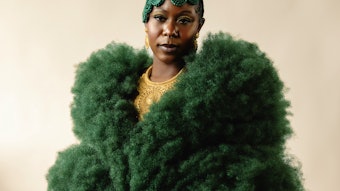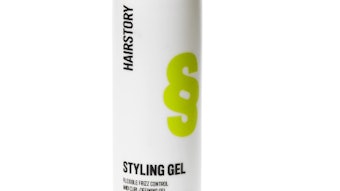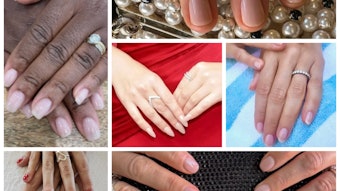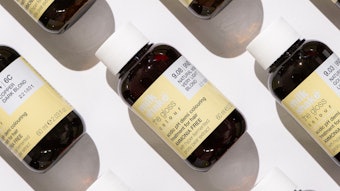 Typically, you wouldn't think of oxygen as a negative element—it’s the primary component for life, we need it to breathe and it fuels life for all living things, but too much of a good thing can be detrimental (think: Christmas cookies). Consider for a moment what happens when you bite into an apple and get up to do something. Your apple begins to brown because its skin has been oxidized. Similarly, your skin is bombarded daily with elements in the environment that can affect how fast you appear to age.
Typically, you wouldn't think of oxygen as a negative element—it’s the primary component for life, we need it to breathe and it fuels life for all living things, but too much of a good thing can be detrimental (think: Christmas cookies). Consider for a moment what happens when you bite into an apple and get up to do something. Your apple begins to brown because its skin has been oxidized. Similarly, your skin is bombarded daily with elements in the environment that can affect how fast you appear to age.
Oxidation is the process by which oxygen interacts with any substance and alters its molecular structure (yes, back to Chemistry 101). When it first occurs, oxidation is usually invisible; however, the results begin to show up months or years later—what we’ve come to recognize as age spots, wrinkles, and the visual effects of aging. In his book You’re Not Aging, You’re Oxidizing, CEO and president of Malibu C Tom Porter offers a solution:
“Accelerated oxidation leads to the formation of free radicals (unstable atoms and molecules) that will wreak havoc, causing damage on your skin. The good news is that stable, active antioxidant Vitamin C and Vitamin E can help normalize a free radical by donating an electron, creating a healthy pair of electrons bonding the atoms together to return a free radical back to a healthy molecule—no longer free to roam, free to destroy—it is back in its proper order and functions to contribute to your health.”
So, what can you do to combat the oxidation of free radicals? Porter suggests that the use of the L-ascorbic acid form of Vitamin C, when stabilized, is the most effective antioxidant for skin and hair on the market— it’s also the key ingredient to all of the Malibu C products. Other ways to protect your skin from oxidation include living in less polluted areas, minimizing exposure to sunlight, and saying bye-bye to tanning salons and cigarettes (seriously, they are some of the worst inhibitors of your skin’s protective barrier).
How Fast is Your Skin Oxidizing? Take the quiz on the next page to test how you compare your potential for aging against others.
Photo credit: Bio Renew
Related: Skin Care TIPS: Prevent Your Cell Phone from Causing Breakouts | 2012 Nail, Skin and Hair Trends | Skincare Tips: Winter Sports Skincare | Skincare Tips: Are Your Eyes Making You Look Old? | Skin Care Expert & Celebrity Esthetician Renée Rouleau expands territory to Los Angeles
[pagebreak]
1. What is your skin type?
Very Dark (2)
Dark (4)
Medium (8)
Fair (12)
Very fair (14)
2. What is the color of your eyes?
Dark Brown (2)
Light Brown (3)
Green (4)
Blue (5)
3. What is (was) the natural color of your hair?
Black (0)
Dark Brown (1)
Brown (2)
Light Brown (3)
Blonde (4)
Red (5)
4. Exposure to sun.
Never tanned or burned (0)
Tanned seldom but never sunburned (4)
Tanned often and sunburned at least once (8)
Tanned and/or sunburned numerous times (10)
5. Exposure to tanning bed.
Less than 12 sessions ever (2)
12 – 24 sessions over your lifetime (4)
25-35 sessions over your lifetime (6)
36 – 45 sessions over your lifetime (8)
45+ sessions over your lifetime (10)
6. Exposure to cigarette smoke.
Never smoked (0)
Smoked less than 5 years (5)
Smoked 5 - 10 years (10)
Smoked 10 - 20 years (15)
Smoked more than 20 years (20)
7. Exposure to pollution.
Never lived in an air-polluted area (0)
Lived in an air-polluted area less than 5 years (2)
Lived in an air-polluted area for more than 5 years (4)
TOTAL
Add your scores to determine your potential for
oxidized, aged skin.
Score Summary
Under 25: Will slowly show signs of aging.
25- 35: Will moderately show signs of aging.
Over 36: Will rapidly show signs of aging.










